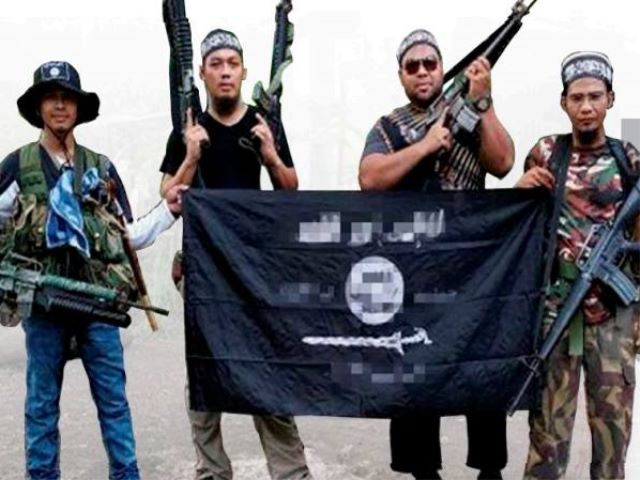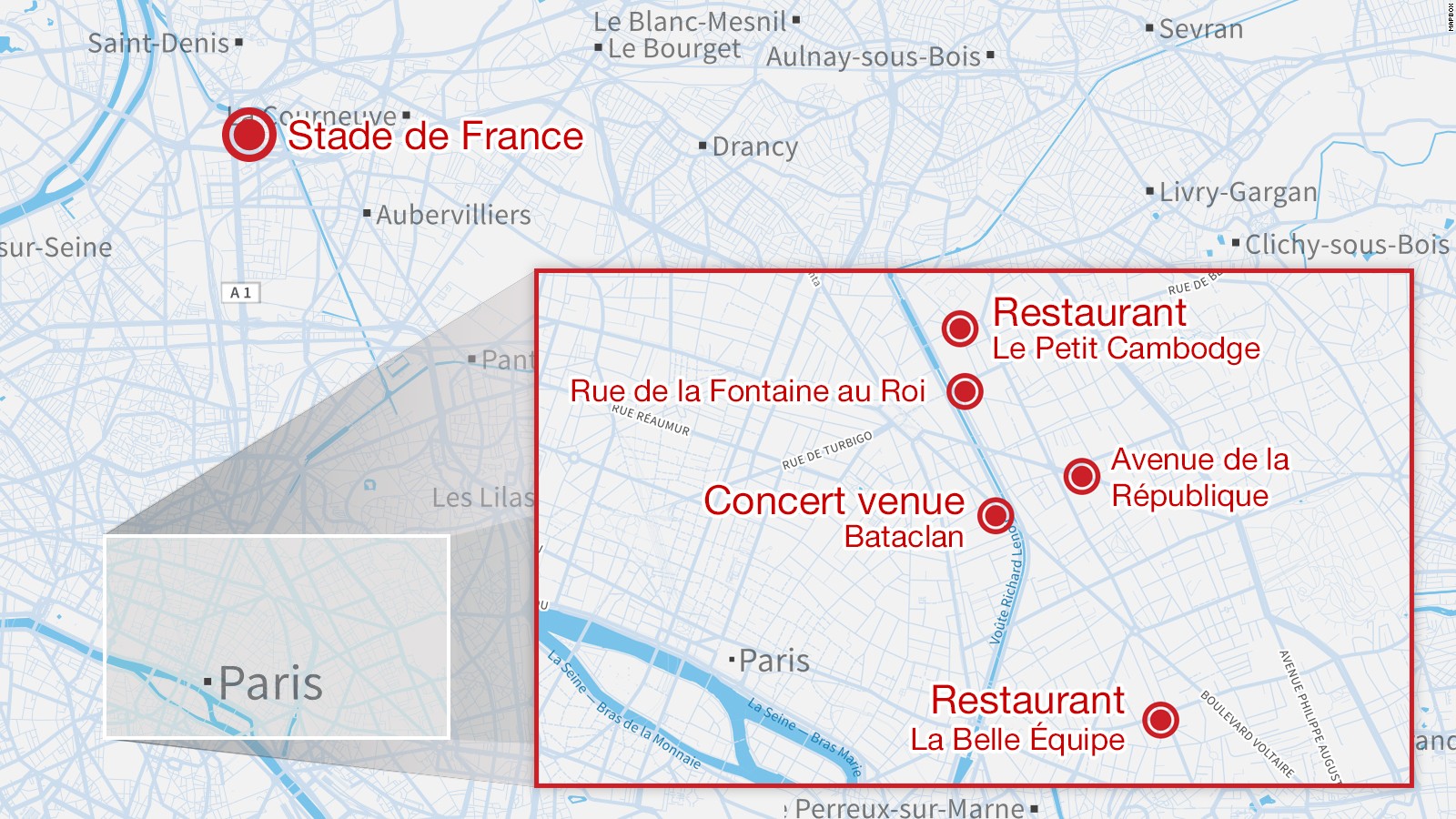After the brutal terror attacks in Paris, France's Interior Minister Bernard Cazeneuve called for the "dissolution of mosques where hate is preached." Earlier this year, French authorities said "Foreign preachers of hate will be deported [and their mosques] will be shut down." The reiteration is taken by many as a renewed demonstration of France's tough response to the attacks.
The tougher the stance France shows, the more embrace it will get from the public. Likewise, after the September 11 attacks, the US Congress rapidly passed a bill to launch war in Afghanistan and later, the ousting of Saddam Hussein won bipartisan advocacy. But reality shows that after attacks, the agitated Western society tends to overestimate the effects of fierce retaliation and underrate the complexity of the origins of terrorism.
Closing mosques where hatred is preached may be interpreted by Muslims in a way France doesn't mean. Frankly speaking, the French government is daring enough to take such a measure and it faces a smaller risk of public opposition than if China and Russia did the same. Countries with which the West has biased opinions have to consider the response from Muslims and primarily criticism from Western opinion.
France's air strikes against the Islamic State (IS) with its Western allies can have some effects, but the IS cannot be uprooted unless the West sends large-scale ground forces or fully supports the Assad regime to fight them.
Even if the IS could be largely crushed, it doesn't make much difference. In the Middle East, there are no political strongmen any more, and its political and social structures have been shattered. Built up by extreme forces taking advantage of the rift, the example of the IS can be repeated easily.
More importantly, the West's bombs can destroy the encampments and ammunition depots, but cannot deal with attire like veils. Nor can the West prevent children from being sent to extreme religious schools or grapple with conservative Islam.
Until now, Osama bin Laden is still deemed by many in the Arabic world as a positive figure fighting the West, which reflects the limitation of the war on terrorism.
Terrorism that originates in the Middle East has been embedded with unbelievable hatred. The West has no measures to counter it, nor can it form a consistent organization to take action. The West has been depressed by the consequences of the Arab Spring.
In the Islamic world, there is no figure or power of authority to advance the regional reforms, and apparently the vacancy cannot be filled from the outside. The Islamic world may be in pressing need of examples where some of its countries completely modernize so as to bring some inspiration.
But such a plan is not realistic in the current situation. In this sense, much of the West's drastic rhetoric only works to show their emotions with problems remaining unsolved. It is merely a response to public opinion.
Terrorism is modern society’s cancer
A series of terrorist attacks in Paris on Friday night have left the world in shock, and all people with a sense of justice will strongly condemn the atrocities. With the Bataclan concert hall, soccer stadium and restaurants as targets, it's obvious that the terrorist attacks were elaborately planned. These are the most severe terrorist attacks the West has suffered in recent years. They are also the most coordinated and lethal terrorist attacks worldwide in recent years.
Since the 9/11 attacks, the cost of anti-terrorism efforts has been increasingly soaring in both developed and developing countries. However, terrorism continues spreading like cancer. Al-Qaeda has been greatly devastated, but Islamic State, a more brutal extremist group, has emerged. The West is suffering from intermittent terrorist attacks, while in some turbulent underdeveloped countries, terrorist attacks have become commonplace in the fight against their governments. In China's Xinjiang Uyghur Autonomous Region, a small number of young people has also embraced terrorism, instigated by extremist ideas, turning Xinjiang into a global anti-terrorist front.
Middle East countries suffering from turbulence and abject poverty are the hotbed of terrorism. Like an airborne virus, it spreads to other regions. Refugees and immigrants from the Middle East have brought some deep-rooted problems to Europe and the US. Europe and the US need new immigrants, but their societies have been resisting the trend, including anti-immigration protests.
People with radical ideas from Europe and the US continue to travel to the Middle East to join jihad. Some of them have returned, carrying the terrorist virus. In many cases, terrorist attacks in Europe and the US are no longer directly launched by terrorist groups from the Middle East. The identity of terrorists and the nature of some terrorist groups have become complicated. It is more difficult to take precautions.
Since it's virtually impossible to reverse globalization, openness and freedom, the system on which societies operate runs counter to the anti-terrorism system. A dangerous element identified by security authorities could be totally free, which means a much higher cost for preventing terrorist acts.
Every government is trying every means to defend themselves from terrorist attacks, but the general understanding of terrorism remains ambiguous and elusive. Geopolitics and ideologies are driving a wedge between different countries. Some countries have double standards over terrorism, imposing a harsh attitude to terrorists on their own turf, but striking a noncommittal and even sympathetic stand on terrorists in other countries.
The rapid rise of IS, to some extent, is believed to being used by the US and Europe to topple Syria's Bashar al-Assad's regime. The US is of two minds in cracking down on IS. Terrorism, by taking advantage of the divergence among major powers, survives and free societies invite intermittent terrorist attacks. Furthermore, terrorism can gain support from some radical forces, and lone wolf attacks could also cause heavy losses as terrorist attacks do.
Terrorism is like a cancer of the world, which requires a long-term fight. As the chance of wars among countries gets slim, terrorist attacks will probably become the most challenging global form of violence.
Source: Global Times
US ploy in South China Sea bound to fail: Opinion
The US is unlikely to succeed in its designs by instigating ASEAN countries to challenge China’s maritime rights in the South China Sea.
Related post:
Regional faction to unite different terror cells from Malaysia, Indonesia and Philippines KUALA LUMPUR: Wanted Malaysian IS militants...














